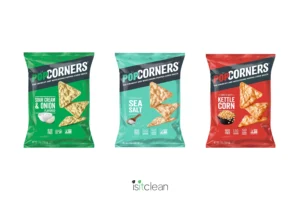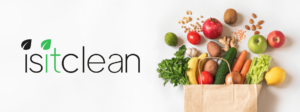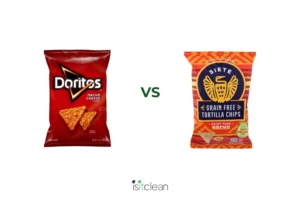
Acesulfame potassium is a zero-calorie sweetener that is added to many sugar-free…



DL-alpha-tocopherol, a tocopherol from the group of tocopherols referred to as vitamin E, is a food additive used for its antioxidant properties and nutritional benefits. It is the synthetic form of vitamin E that is often added to processed foods to prevent the oxidation of fats and oils, thereby extending shelf life and maintaining product quality. The production of DL-alpha-tocopherol involves vegetable oils undergoing a purification process to isolate the tocopherol compounds and then chemical synthesis to obtain the DL-alpha-tocopherol form. This synthetic approach is a more cost-effective and stable source of vitamin E compared to relying solely on natural extraction. It is commonly used in vitamin E supplements.

Vitamin E is an essential nutrient for human health and added tocopherols in foods can help maintain adequate levels. However, supplementation with vitamin E has demonstrated mixed results, with some studies suggesting increased associations with mortality from supplementation while others suggesting neuroprotective benefits or improvements in various biomarkers from supplementation. This may be largely due to differences in populations in which supplementation with dietary antioxidants seems to benefit some and harm others. While tocopherols included in foods may be included at a much lower rate than supplementation, the addition of them in food could cause even higher levels of intake for people who supplement with vitamin E already. Additionally, dl-alpha-tocopherol involves extraction from vegetable oils with high heats and harsh solvents such as hexane, which has shown to have toxic effects in humans. However, the amounts consumed as additives in foods is likely much smaller than the amounts consumed in supplements and may still promote a beneficial antioxidant effect. Synthetic vitamin E does not appear to have the same bioavailability as natural forms.
Health is like a bank account, certain ingredients make a deposit into your health bank, meaning they add to
your health. Certain ingredients withdraw from your health bank. We want health promoting ingredients in our diet. To keep things simple, we rate ingredients on a green, yellow, red scale:

It is naturally occurring in food and has no harmful effects on the body. It is real food. It is health promoting.

It goes into one or more of the below categories

It is known to have a harmful effect on the body (ex. All food colorings, Natural Flavors, MSG, Potassium bromate, aspartame, artificial flavors)



The Food Showdown: Popcorners flavors
Ingredient Rating: Canola oil – is it bad for you?
Clean Consuming: Nourishment for your

We have accomplished so much in just 1 year since our launch in March of 2023! We now have 10,000

The Nacho Chip Food Showdown, is Tapioca Starch safe in food? and a must-see documentary on America’s food system.
Stay in the know with the latest ratings, articles, and our newsletter, The Dirt.